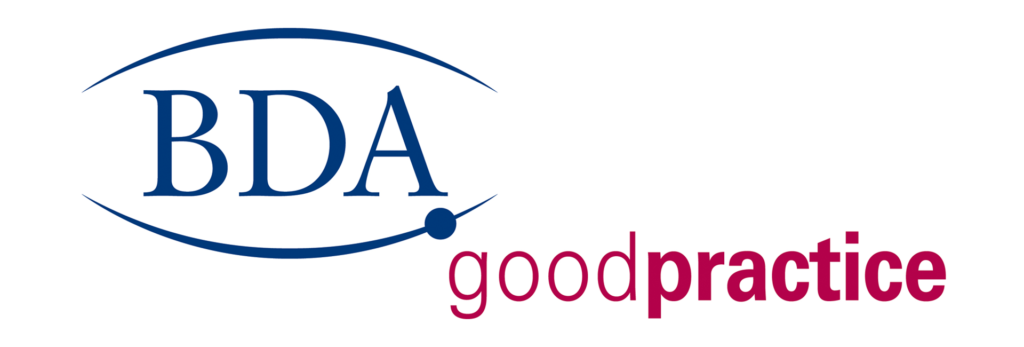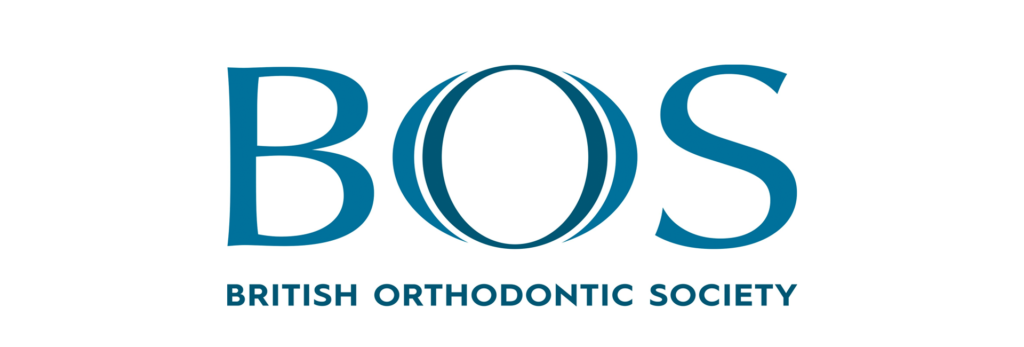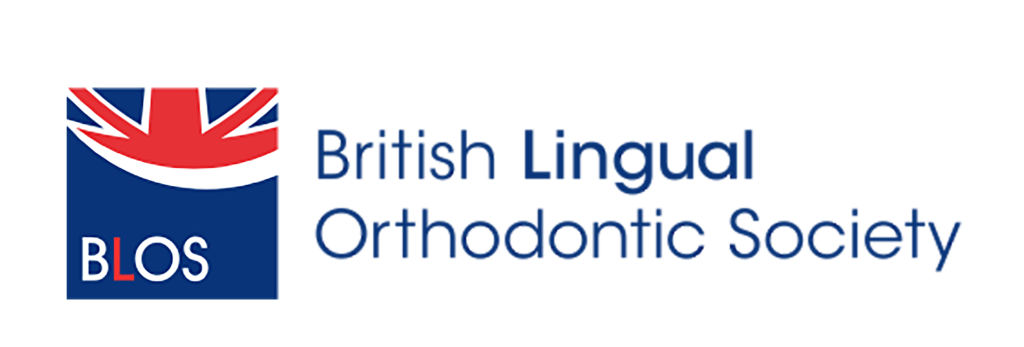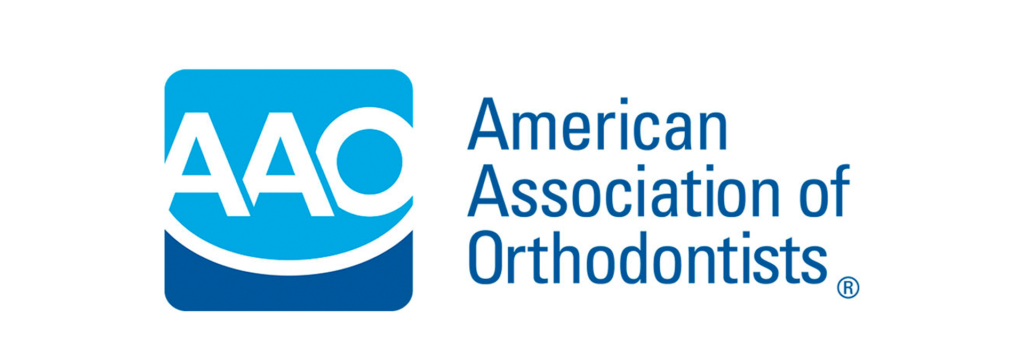Angle House Blog
Should I use mouthwash? And when?
Mouthwash is best known for freshening your breath, but it has other benefits too. Some mouthwashes contain an anti-bacterial ingredient to help reduce plaque and prevent gum disease. Fluoride containing mouthwashes may help to prevent decay, and all will help to freshen your breath and wash away bits of food.
If you have sensitive teeth, a fluoride mouthwash can be very effective. We recommend that patients with braces also use one to prevent tooth decay and calcification marks on their teeth.
So, when to use it? The research is actually limited and different organisations offer different recommendations. The NHS recommends not using mouthwash right after brushing as it can wash away the fluoride from your teeth. Instead, it recommends using mouthwash at a different time of day and not eating or drinking for around 20 minutes after use.
You should not use a mouthwash just to disguise bad breath. If you are doing this, speak to your dental team. Some mouthwashes, especially ones containing Chlorhexidine, are particularly effective at treating gum infections. They are also very effective at treating other mouth problems, such as those following a tooth extraction or when a wisdom tooth is coming through. Take your dentist’s advice on how to use these as they can cause staining, although this can be easily removed by the dental team.
Some mouthwashes contain alcohol but many people find these too strong and prefer milder ones that are alcohol-free. Make sure you keep any mouthwash containing alcohol away from children.
How do I deal with bad breath?

The best way of making sure you do not have bad breath is to keep your teeth, tongue and mouth clean.
Causes of bad breath include: eating or drinking strong-smelling foods and drinks; problems with your teeth or gums; crash dieting; some medical conditions; and smoking.
Persistent bad breath is usually caused by the smelly gases released by the bacteria that coat your teeth, gums and tongue. Bits of food that get caught between the teeth and on the tongue will rot and can sometimes cause an unpleasant smell. The bacteria on our teeth and gums (called ‘plaque’) also cause gum disease and tooth decay. One of the warning signs of gum disease is that you always have bad breath or a bad taste in your mouth.
See your dentist if you have: bad breath that does not go away after treating it yourself for a few weeks; painful, bleeding or swollen gums; toothache or wobbly adult teeth; problems with your dentures. The earlier that any problems are found, the more effective treatment will be.
To keep your breath fresh, you need to keep your mouth clean and get rid of any gum disease. Here’s some tips to prevent bad breath:
1. Brush your teeth and gums last thing at night and at least one other time during the day, with a fluoride toothpaste.
2. Don’t forget to brush your tongue as well, or use a tongue scraper.
3. Cut down on how often you have sugary food and drinks.
4. Visit your dental team regularly – as often as they recommend.
5. Clean in between your teeth with interdental brushes or floss at least once a day – brushing alone only cleans up to about 60 percent of the surface of your teeth.
6. Use a mouthwash – some contain antibacterial agents that could kill bacteria that make your breath smell unpleasant.
Should I whiten my teeth?

Teeth whitening uses bleach to make your teeth whiter. It can’t make your teeth a brilliant white, but it can lighten their shade.
Teeth whitening is a form of dentistry and should only be carried out by a dentist or another regulated dental professional, such as a dental hygienist or dental therapist, on the prescription of a dentist.
Only go to a registered dental professional for teeth whitening because whitening by people who aren’t qualified, for example in beauty salons, is illegal. Home kits also carry risks and can harm your tooth enamel. Teeth whitening is rarely done on the NHS as it is as cosmetic treatment.
Curaprox’s whitening toothpaste is made from natural ingredients and herbal essences that gently whiten teeth and boost your oral health.
What is dental erosion and how do I prevent it?
Erosion is the loss of tooth enamel due to acid. Enamel is the hard, protective coating of the tooth which protects the sensitive dentine underneath. The loss of enamel leaves the dentine exposed, which can cause pain and sensitivity.
Every time you eat or drink anything acidic, the enamel on your teeth becomes softer for a short while and loses some of its mineral content. Your saliva will slowly cancel out this acidity in your mouth and get it back to its natural balance. However, if this acid attack happens too often, your mouth does not have a chance to repair itself and tiny bits of enamel can be brushed away. Over time, you start to lose the surface of your teeth, which may lead to pain and sensitivity. Our mouthwashes and toothpastes for sensitive teeth can help if you’re struggling with pain. They help form a protective layer over sensitive areas and remove plaque bacteria to help support good gum health.
Tooth wear can be caused by medical conditions and is commonly seen in people with eating disorders, pregnant patients and people with chronic gastric disorders. This is because vomit and gastro-oesophageal reflux are acidic and can wear away the teeth.
Acidic foods and drinks can cause erosion. This includes fizzy drinks including ‘diet’ drinks, fruit juices, citrus foods and drinks, some alcoholic beverages and sports drinks, and pickled foods. These should not be consumed often. Plain, still water is the best drink for teeth. Milk is also good because it helps to cancel out the acids in your mouth.
You can prevent tooth wear or dental erosion in the following ways:
• Only have acidic food and drinks, and fizzy drinks at mealtimes. This will reduce the number of acid attacks on your teeth.
• Drink quickly, without holding the drink in your mouth or ‘swishing’ it around your mouth. Use a straw to help drinks go to the back of your mouth and avoid long contact with your teeth.
• Finish a meal with cheese or milk as this will help cancel out the acid.\
• Chew sugar-free gum after eating. This will help produce more saliva to help cancel out the acids which form in your mouth after eating.
• Wait for at least one hour after eating or drinking anything acidic before brushing your teeth. This gives your teeth time to build up their mineral content again.
• Brush your teeth last thing at night and at least one other time during the day, with fluoride toothpaste. Use a small-headed brush with medium to soft bristles.
• Children up to three years old should use a toothpaste with a fluoride level of at least 1,000ppm (parts per million). Three-year-olds to adults should use a toothpaste that contains 1,350 – 1,500ppm.
• Spit out after brushing and do not rinse, so that the fluoride stays on your teeth longer
• Use GC Tooth Mousse, which restores minerals to eroded areas and where the enamel is thinner. It reduces sensitivity and strengthens enamel and dentine.







